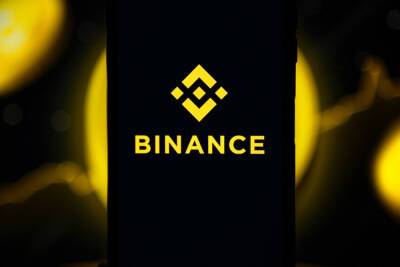No, Jack Dorsey, venture capital will not run Web3
In his monthly crypto tech column, Israeli serial entrepreneur Ariel Shapira covers emerging technologies within the crypto, decentralized finance and blockchain space, as well as their roles in shaping the economy of the 21st century.
Jack Dorsey, Twitter’s ex-CEO and Bitcoin (BTC) aficionado, is not a big fan of Web3 — or at least of what its grand vision is shaping up to be. Users won’t own the next iteration of the internet, he asserts again and again. Instead, venture capital funds pumping millions into blockchain and Web3 projects will be the ones to hold the reins. But, will they, though?
The reality, as usual, is not as partial as either side would have you believe. In essence, Web3 is the dream of an internet free from the grasp of centralized platforms such as, well, Twitter. Different commentators also include other features such as an end to pervasive surveillance, more decentralization, data that’s understandable to both people and machines and AR/VR functionality. But, at the core, it seems, the Web3 movement is about bringing down the big fish.
In its current shape and form, after all, the internet is indeed quite centralized in a lot of ways. Just four companies run almost 70 percent of the global cloud infrastructure that is home to millions of web pages and applications. All the familiar faces are also encroaching on the crucial infrastructure making up the web’s backbone. And, platforms like Twitter and Facebook have largely centralized the way we consume content, becoming the window into the wider web for many — just look at Facebook’s standoff with Australian news publications.
Jack argues that the whole Web 3.0 brouhaha is ultimately a lot like a coup. A group of upstarts comes together, striking up a
Read more on cointelegraph.com












